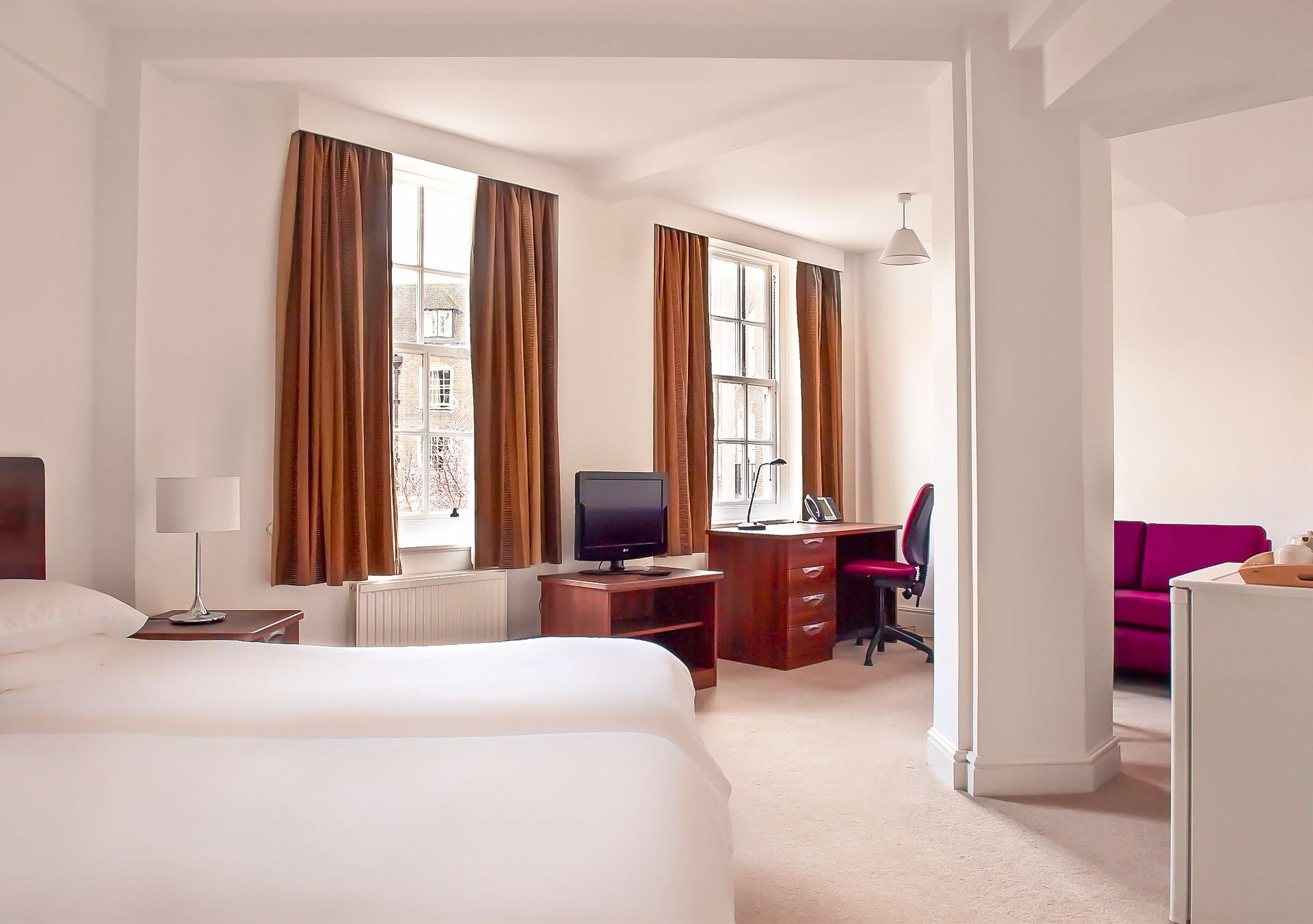Oxford è una città bella ma vivace sul Tamigi. La sua famosa università ha donato alla città gran parte della sua eccezionale architettura e del suo ricco patrimonio culturale: oltre 900 edifici sono elencati come di valore storico o architettonico, tutti situati nel raggio di un miglio quadrato. Una vista lungo High Street è stata descritta come una delle viste più celebri d'Europa.
Oxford ha avuto un ruolo nell'educazione di quattro re britannici e almeno otto stranieri, 47 vincitori di premi Nobel, tre medaglie Fields, 25 primi ministri britannici, 28 presidenti e primi ministri stranieri, sette santi, 86 arcivescovi, 18 cardinali e un papa. Sette degli ultimi undici primi ministri britannici si sono laureati a Oxford. Tra i vecchi membri dell'Università ci sono molti scienziati, artisti e altre figure di spicco ampiamente influenti.
Dovrebbe essere chiaro che le università sono progettate principalmente per gli studenti: non per bambini o adulti che si aspettano un alto livello di lusso. Tuttavia, con questo in mente, i college soddisfano un livello di comfort di cui ci aspettiamo che la maggior parte dei visitatori sia soddisfatta e accoglieremo con favore qualsiasi feedback laddove ciò non fosse il caso.
Date delle vacanze accademiche a Oxford
Le camere sono disponibili principalmente durante le vacanze accademiche.
Pasqua: da metà marzo a metà aprile
Estate: da metà giugno a metà ottobre
Natale: da inizio dicembre a metà gennaio
Carta geografica
Mappa dettagliata di Oxford che mostra college e musei: https://www.ox.ac.uk/visitors/map?wssl=1
Attività di interesse a Oxford
Il modo migliore per vedere questa incredibile città è con un tour in bicicletta o a piedi. Ci sono molti tour a tema di Oxford disponibili per la prenotazione tramite il nostro sito gemello, Speedybooker.
Oltre a immergersi semplicemente nell'atmosfera, UniversityRooms consiglia quanto segue:
Arrivare a Oxford
Oxford si trova a circa 90 km a nord-ovest di Londra ed è dotata di ottimi collegamenti stradali e ferroviari nazionali.
- Da Londra: le opzioni includono treno o autobus. I treni partono regolarmente da Londra Paddington (richieste: 08457484950; www.nationalrail.co.uk ). Per gli autobus, le opzioni includono la metropolitana di Oxford (richieste: 0(044)1865772250) / Oxford Express (richieste: 0(044)1865785410), che partono ogni 12 minuti durante le ore di punta. Gli autobus fermano a intervalli lungo la High Street e terminano alla stazione dei pullman di Gloucester Green, nel centro della città.
- Dagli aeroporti di Londra: se si viaggia da Heathrow o Gatwick, utilizzare il servizio pullman The Airline, che offre un servizio diretto e frequente 24 ore su 24. Per informazioni telefonare allo 0(044)1865 785400. L'aeroporto di Londra Stansted è collegato a Oxford dal servizio pullman National Express 757, con frequenza ogni due ore (tel: +44 (0)8705 747777). In alternativa, numerose aziende, tra cui Oxicars e CCB Cars, offrono trasferimenti aeroportuali prenotabili in anticipo.
- In auto: consigliamo i trasporti pubblici per viaggiare a Oxford, poiché molte strade di Oxford sono ora chiuse al traffico e il parcheggio è limitato. I visitatori in auto possono scegliere di soggiornare presso i college St Hugh's o Lady Margaret Hall che dispongono di parcheggio, possono trovare ulteriori informazioni sulle opzioni di parcheggio sul sito web del comune o possono utilizzare i servizi di autobus Park and Ride che operano tra il centro città e le aree di parcheggio alla periferia della città. Dopo aver lasciato l'auto nel parcheggio, un autobus di linea ti porterà nel centro di Oxford, fermandosi a tappe lungo la High St (l'autista dell'autobus dovrebbe conoscere la fermata più vicina a te).
- Taxi: i taxi si trovano alla stazione dei pullman di Gloucester Green, alla stazione ferroviaria di Oxford e a St Giles nel centro della città. Alcuni numeri di taxi: Radio Taxis, Tel: 0(044)1865 249743 o 242424 o ABC Taxis, Tel: 0(044)1865 770077.
